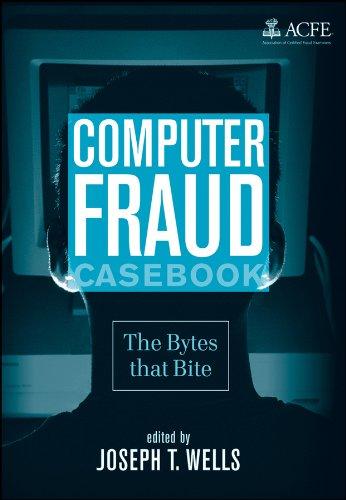Question
Case study 3: KMM S.A.O.G had been successful and held a prominent place in the minds of investors. This success and fame continued due to
Case study 3: KMM S.A.O.G had been successful and held a prominent place in the minds of investors. This success and fame continued due to unfaltering payment of dividend until the year 2011. Their balance in the retained earnings as on 31st December 2011 was OMR 1.5 million. The year 2012 was a nightmare for the company when it experienced its first - time loss of OMR 1.820,000 since its inception. The years 2013 and 2014 was no better in which the losses were: 2013: OMR 1,935,000, 2014: OMR 2,130,000. Outlandish losses in the past three years coupled with losses in the asset values was a bit terrifying and the board of directors could not even imagine about payment of dividend. Due to impairment of Asset values, the company had to obliterate all its retained earnings. After all these years of losses, 2015 was a bit encouraging with increase in sales and profits. And with a stroke of luck the company was back in action. The profits after interest and taxes in the years 2015 to 2019 were OMR 1.5 million, 2 million, 3 million 3.5 million and 4 million respectively. Issued and paid up consisted of 40 million ordinary shares of 400 baiza each and 12.5%, 1 million Irredeemable Preference Shares of OMR 1.5 each. At the end year 2018 the company decided to repurchase 7% of its own shares. In the beginning of 2019, it duly completed all the requirements of repurchase as posed by Capital Market Authority - CMA and was able to acquired 2 million of its shares at OMR 2.750 each. In the beginning of the year 2020 on 4th April the company reissued 1.2 million shares at an amount of OMR 3,870,000. Except for the year of losses the company paid for preference dividend each year. With regards to ordinary dividend the company declared final dividend for the year 2018 @ of 10% and for the year 2019 @ 15% respectively which was paid in the subsequent year. Shareholders have invested their money to earn returns from the company. But refusing to pay the dividend when the company is doing well means they are repudiated of their lawful rights. The Omani Commercial Law states that dividend will not be paid if the company sustains a loss which has not been fully extinguished.
Analyze the above scenario and answer the following questions:
a. Are the shareholders been denied of their lawful rights due to board of directors' decision of non payment of ordinary dividend in the years 2015 - 2017? State your opinion and also clarify how board of directors' decision is acceptable? (2 marks - Min 100 words)
b. Was the company able to achieve its target of repurchase of ordinary stock and how it has affected the company equity? Also provide necessary accounting treatment all the transactions related to such repurchased ordinary stock. (3 marks - Min 150 words)
C. Provide necessary accounting treatments for all the dividend payments made by the company from the year 2017 - 2019 along with a statement of retained earnings. (5 marks)
Step by Step Solution
There are 3 Steps involved in it
Step: 1

Get Instant Access to Expert-Tailored Solutions
See step-by-step solutions with expert insights and AI powered tools for academic success
Step: 2

Step: 3

Ace Your Homework with AI
Get the answers you need in no time with our AI-driven, step-by-step assistance
Get Started


